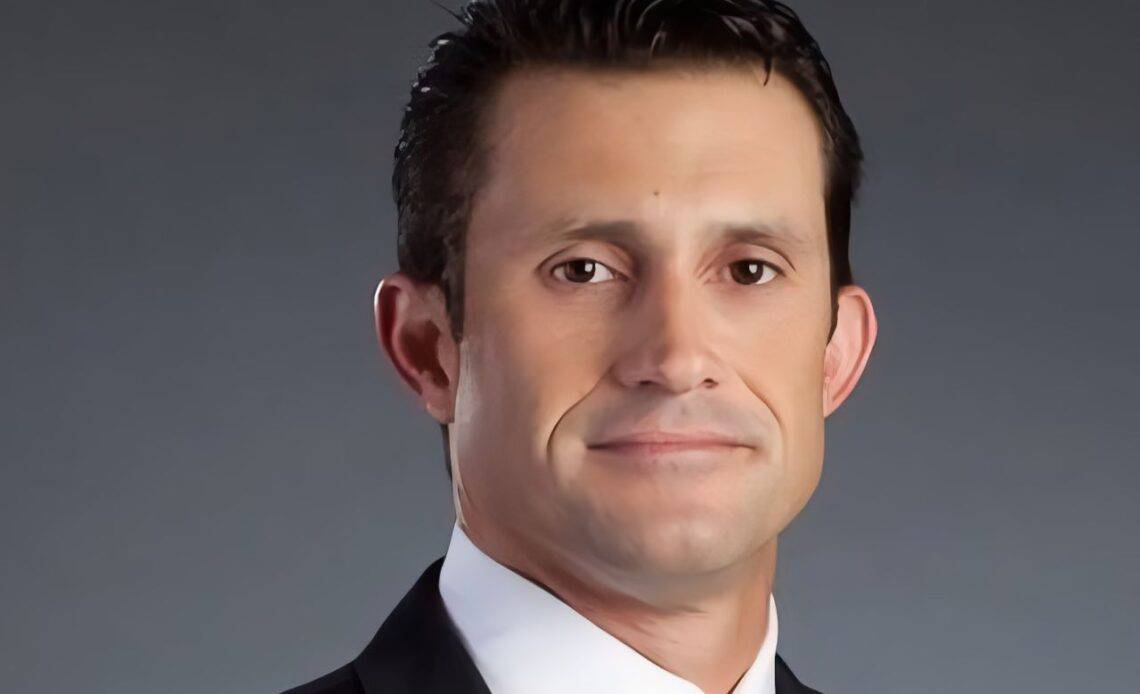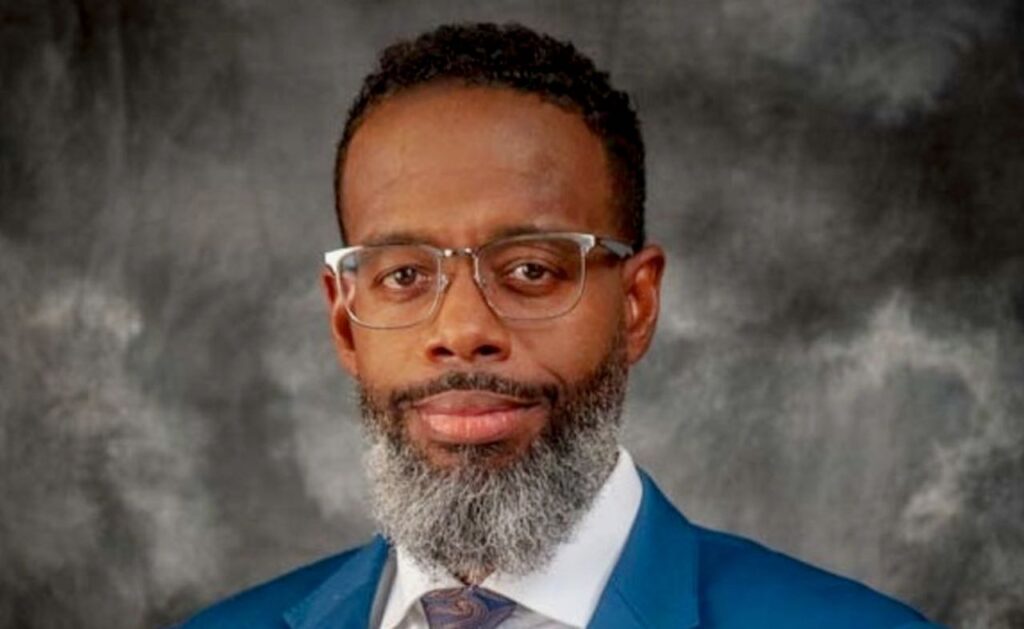
Above: Eldred Garcia. Photo courtest FAC.
BitDepth#1422 for September 04, 2023
Today, hundreds of thousands of children return to school; tens of thousands of them entering a new phase of their scholarship in an education system thats still largely geared to prepare them for industrial age employment.
What are the skills that they will need to be able to work when they join the job market?
There are lots of jobs that are being touted as the work of 2030 or 2050, but most of that is just hopeful conjecture.
The assumptions that have guided thinking about the workplace are being overturned at such a rapid rate that it’s impossible to really imagine what productive work will look like in five years, far less ten.
Jobs already considered obsolete include bank tellers, cashiers, watch repair, telemarketing, many clerical jobs and door to door sales work.
According to the 2023 World Economic Forum report on the future of jobs, as many as 25 per cent of jobs will experience churn in the near term, with 10.2 per cent expected to experience growth and12.3 per cent experiencing decline or outright extinction.
Speaking at AmCham’s Tech Hub Islands Summit in June, Eldred Garcia, SVP of business and partner development at First Atlantic Commerce, explained that soft skills will make the difference for many future job seekers.
Referencing his years with the US Marines, he said, “There are some soft skills with the Marines. And some of those are that we operate in an ever-evolving and changing environment.”
“So adapting to change very quickly is extremely important. Understand that the only constant in life is change and you’re either part of it, or it happens to you.”
“[Technology is] making things happen at a much faster pace. Repetitive jobs and tasks are being automated. Artificial intelligence is being incorporated to be able to process information quickly. If you don’t have the human component in there, the soft skills to be able to translate that [information] for other co-workers, then it’s just data.”
“More and more, we’re going to be interacting with automated technology, artificial intelligence. And that’s all great, but there has to be a human component in that because you’re going to have to be able to communicate between the robots, the technology, the automation and your team members.”
“To lead a team, to leverage this technology, if you can’t communicate, if you don’t have those soft skills, if you don’t have that emotional intelligence, you won’t be able to do it.”
Darryl Duke, assistant general manager for business sales at bmobile offered advice to businesses in today’s evolving environment.

“Businesses have to be fearless and brave enough to make tough decisions given that the business is changing. You have to you have to be able to see the business change and make decisions.”
“If you leave the business to operate without changing your environment, you will have no business by the time you turn around.”
“It is very important that we adapt very quickly, be light on our feet and pivot with a purpose to learn. We learn from our experiences, learn from our mistakes. Fail fast and progress on the things that work well.”
“Adaptability is key. Leadership is key to getting the executive to buy into it [failing fast] and then drive it through the organisation, not by talk, but by action.”
“Talk is cheap, it is all about action and we continue to drive that day by day, learning from our mistakes, because learning is better than knowledge.”
“The things that citizens want is largely driven by what is possible, what they would have experienced in other countries, what they would see when they look at the media, when they see what other countries are doing,” said Devindra Ramnarine, digital transformation adviser at the Ministry of Digital Transformation.
“Much of the public sector today is run by younger people and what they are starting to realise is that they need to move the country forward and deliver services for citizens in a way that they expect.”
“[We are building an] interconnection framework to allow us to do services that go end to end. So the second challenge comes when I am originating a service in one place, but it’s completion is going through other ministries and agencies and will depend on the level of comfort that a public officer may have with that process.”
“The challenge is that many of the institutions have been built around bureaucracy, built around the paper, built around processes, and you tend to get very comfortable and in some instances, perhaps move up by understanding the very complex processes across many ministries and agencies and thats’ your competitive advantage.”
“Anybody who says that they have no fear, is not being honest with themselves because we all have that fear,” said Garcia.
“We have to use that fear and use it to put us on our heels. If you don’t get comfortable in your uncomfortableness, then you stop growing.”

